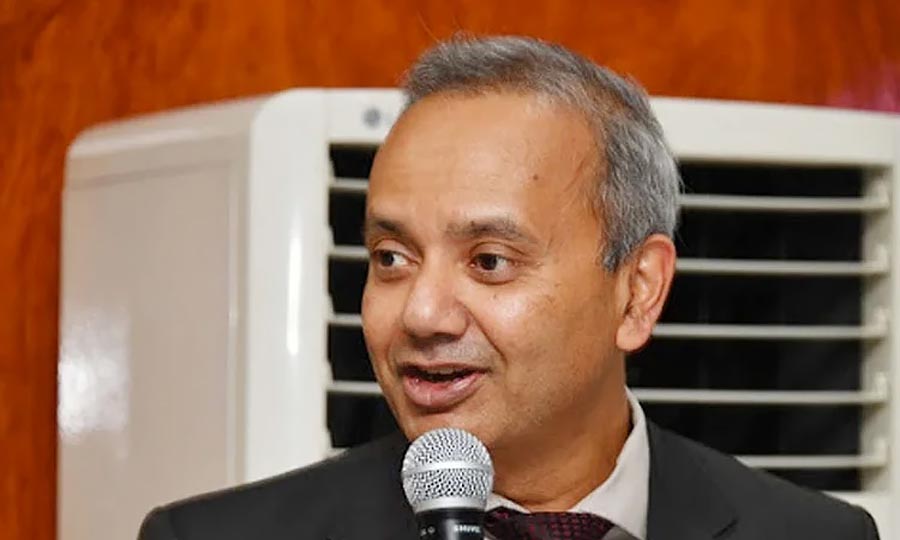World Bank, has approved about $2.2 billion loan for Nigeria to drive human capital and economic development across the country in 2020.
The global lender explained that the fund is meant to be channelled to boost public and private sector capacity on governance, social and environmental safeguards, immunization, digital economy. These projects are expected to promote job creation and to enable a stronger business environment for the private sector.
Country Director, World Bank, Shubham Chaudhuri, explained that the focus would be to deliver better services for Nigerians ensuring that children are immunized, better roads are constructed in rural areas and ensuring that safety nets and services for the poor are made more effective.
The six highlighted projects are expected to be financed with funds from the French Development Agency, the European Investment Bank, the International Development Association Association (IDA) and the Federal Government of Nigeria.
The Country Director in a statement, said, “The projects focus squarely on delivering better services for Nigerians ensuring that children are immunized and sleep under mosquito nets, building better roads especially in rural areas, and providing Nigeria’s poorest citizens with a unique identification that will make social safety nets and services more effective.”
(READ MORE: World Bank’s statement on Africa’s debt status is inaccurate, misleading, AfDB replies)
Meanwhile, the new facility will push Nigeria’s domestic and foreign debt to over $80 billion. It should be noted that Nigeria’s debt burden has skyrocketed under the administration of President Muhammadu Buhari. The administration believes that the country has to borrow more at low-interest rates and long repayment periods from institutions like the World Bank and African Development Bank in order to ease the debt burden on the country.
The World Bank disclosed that the approved program for the fiscal year 2020 includes:
- Nigeria Digital Identification for Development Project: It will support the National Identity Management Commission to increase the number of persons who have a national identification number to 150 million in the next three years.
- Nigeria Rural Access and Agricultural Marketing Project: It will upgrade rural roads and improve connectivity and access to local markets and agribusiness services in 13 states.
- Immunization Plus and Malaria Progress by Accelerating Coverage and transforming services: It will strengthen health systems to deliver effective primary health care and improve immunization.
- Innovation Development and Effectiveness in the Acquisition of Skills Project that will strengthen the skills of 50,000 Nigerian students and enhance the capacity of technical teachers.
- Ogun State Economic Transformation Project that catalyzes private sector investment in Ogin State by improving the business environment, strengthening the linkages between agricultural producers, suppliers and service providers and so on.
- Sustainable Procurement, Environment and Social Standards Enhancement Project that will strengthen capacity in managing procurement, environmental and social standards in the public and private sectors.
President, World Bank Group, David Malpass, said that Nigeria is central to the Group’s Mission of tackling extreme poverty and that the organization is carefully targeting its support on high impact projects as the country works to tackle corruption and lift 100 million people out of poverty.
